"The cave you fear to enter holds the treasure you seek."
Joseph Campbell
After clearing customs in Sydney, I walked into a busy airport arrivals hall bleary-eyed after an eight-hour flight from Singapore. I'd hardly had time to adjust, having only been there for a couple of days en route from London. This was the beginning of my year away - my “Gap Year” - travelling to the other side of the world to play rugby, find work to fund myself, and hopefully tack on some travel at the back end.
How I came to be there was largely due to my rugby coach from my local comprehensive school, someone I'd always had a close bond with, even if he had been a hard taskmaster.
Long before I finished my last year at Rugby School, I knew that I wanted to head to Australia for the best part of a year before going to university. In order to do so, I needed to make some money so I moved back to Cardiff and found work selling mobile phones for a now-defunct middleman company called Firstline Mobile Communications.
I'd come to learn that Firstline was something of a bucket shop with incredibly dubious selling practices. I count myself lucky to have found the job because it paid very well and I was good at it. But I also count myself lucky to have left when I did - a couple of months after my departure, the company abruptly shut down, leaving hundreds of employees (people I knew) unpaid. In its wake: a trail of dissatisfied customers, unfulfilled orders, and potential instances of fraud.
I would discover all this through update emails on my newly created madmorg13 account at Hotmail. And in more gory detail a few months later when my oldest friend, who had also worked there and played rugby with me in Cardiff, came out to Australia and we caught up.
The irony wasn't lost on me - not only had I left Wales behind, but also what would become a proper scandal. Sometimes the biggest risks we take protect us from the ones we never saw coming.
But I'm getting ahead of myself.
Back in Cardiff, earning money and figuring out my route to Australia, I went to meet with my old rugby coach, John Huw-Williams.
John-Huw had been something of a rugby legend himself. Although he'd never quite made it all the way to the top - playing for Wales - he'd been a minor celebrity in amateur rugby circles and had an impressive career at the then-legendary Cardiff Rugby Club, playing alongside Barry John amongst other. He was the epitome of a 1970’s era Welsh rugby player - thick Welsh accent, fiercely passionate about the game and about Wales, unrelenting in his opinions and sharing them and most of all believing in hard work and persistence over everything else.
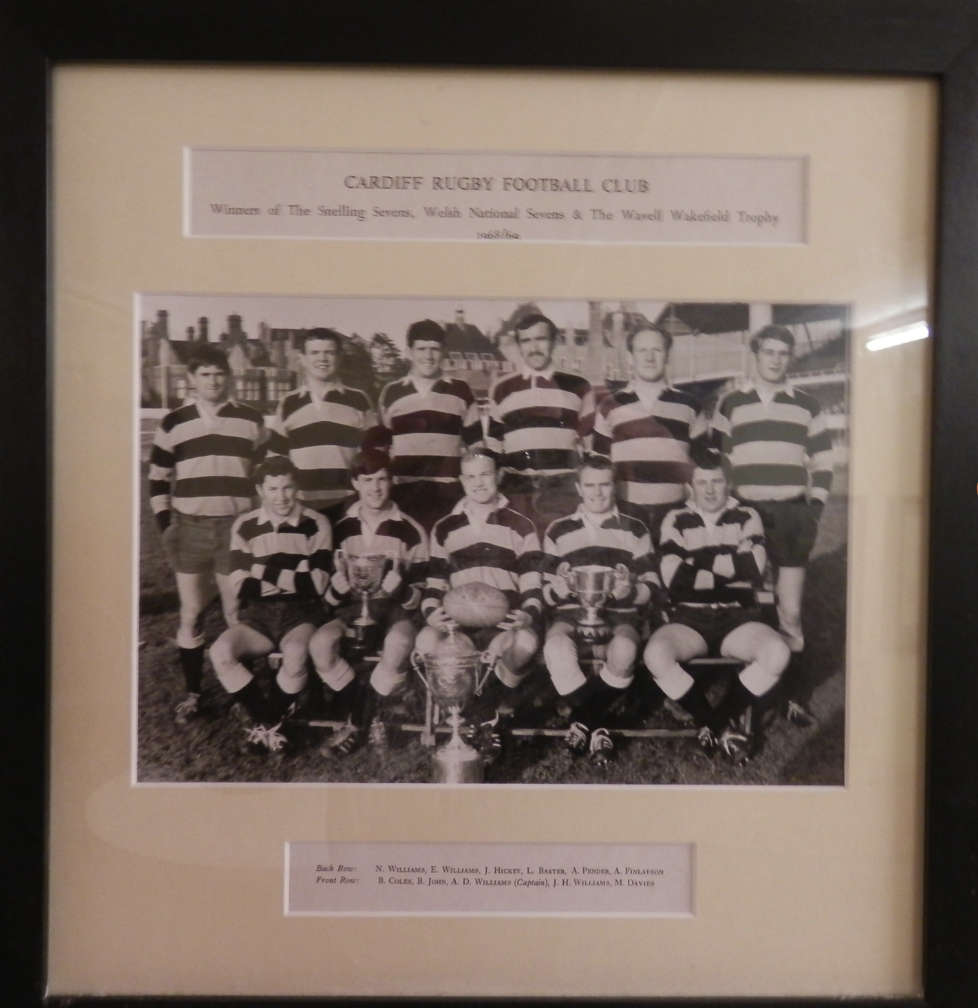
The breadth of his playing career, coupled with his lengthy tenure as a teacher and coach within the Welsh school system, meant he had contacts everywhere. Including Australia.
With me just having represented Welsh schoolboys at the under-18 age group, John-Huw was eager to meet me. I sat on his brown three-piece suite in a typical suburban living room, complete with net curtains and the inevitable wooden wall unit - glass doors protecting his VHS collection and best china alongside the TV - and told him about my experiences - my regrets about our loss to the England U18 team, the lessons from my time at Rugby school and how I'd been asked to play professional rugby for Pontypool, but turned the offer down because I wanted to go to Australia. Something that had been on my radar for over two years.
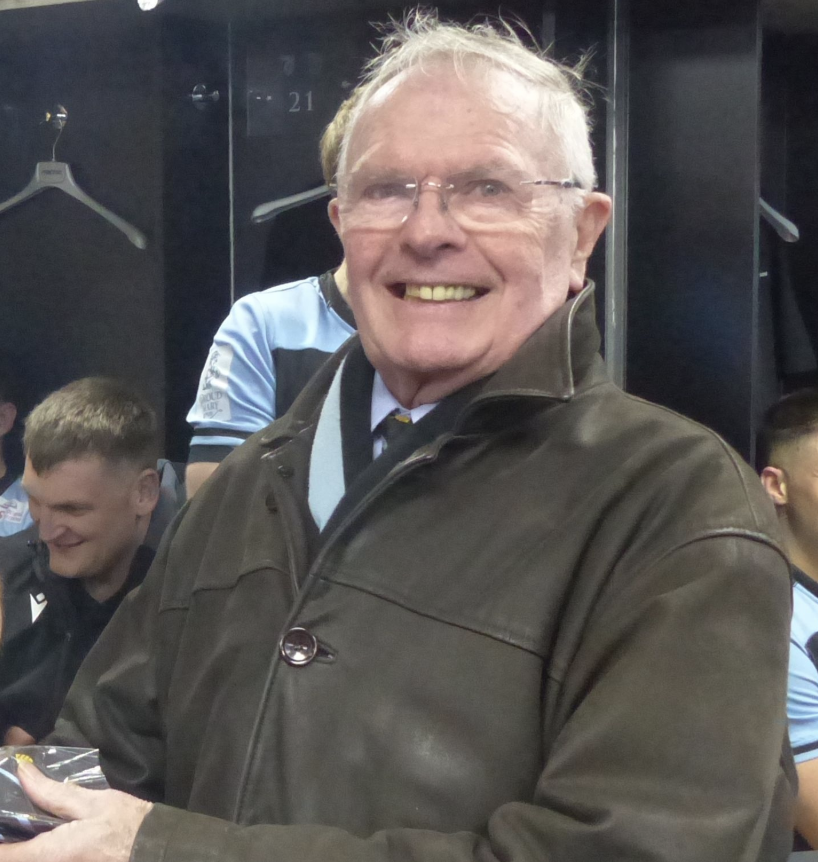
John-Huw thought this was a brilliant idea - an incredible opportunity for rugby development and life experience. He had the perfect contact: a school teacher and former rugby coach living in Sydney, someone he'd gotten to know through various rugby tours to Australia in his playing and coaching days.
Over the next few weeks, John-Huw arranged everything. The family would help me get set up at a local rugby club and put me up whilst I got on my feet.
So it was with Ewart Robson's address in my hand, along with a small amount of Australian dollars and a larger stash of American Express traveller's cheques (remember those!?) in my backpack, that I walked into that busy Sydney arrivals hall.
This being 2000, smartphones and ride-hailing apps were science fiction. Joining the cab-rank queue alongside countless other baggage-laden travellers was my only option.
When I hopped into the back of the Ford Falcon and handed the driver my address, I encountered the first of many instances where my accent and the false assumption that I was English would generate hostility from locals. Once I clarified I was Welsh, his demeanour shifted considerably.
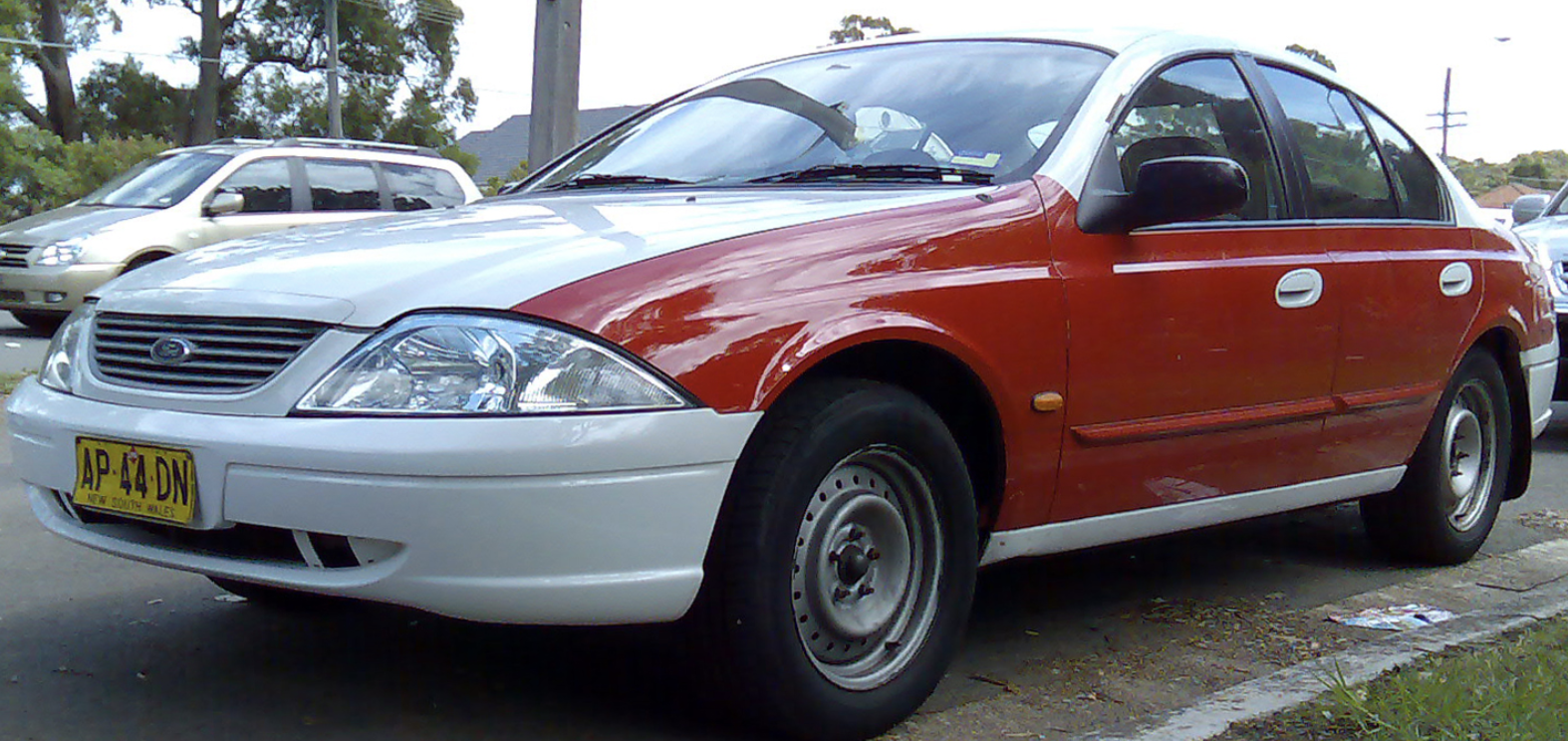
The finer details of that ride have escaped my memory, but I remember pulling up to the house, unloading my bags, settling the fare, and walking up the sloping driveway filled with trepidation. I knew the family was roughly expecting me, but I wasn't sure if they knew when I'd arrive or if my flight had been on time. When I knocked and it took a while for them to answer, I genuinely wasn't sure what I'd do if they didn't.
As it was, they were home and made me feel very welcome. I wasn't quite sure what to expect and definitely felt far from home and a little lonely.
Over the next few weeks, I was left to fend for myself - no surprise, but it created challenges. Despite technically being in Sydney, the house was 45 minutes on two different trains from the city centre. Navigating without the internet proved challenging but not insurmountable.
Staying in regular contact with my parents was trickier. It involved either using the Robsons' dial-up internet (waiting my turn with family members) or walking 30 minutes to the nearest strip mall internet café.
Ultimately, I stayed with the Robsons for about four or five weeks. They were gracious hosts and incredibly supportive, but I wanted to be closer to town and feel more flexibility about moving around and doing my own thing.
Here's what strikes me now: throughout those first weeks in Australia, despite being on the other side of the world, arriving without knowing anyone and without any mobile communication, I never really perceived any risk. When I said goodbye to my parents at Heathrow, they had no way of knowing where I was other than me letting them know - which in Singapore and Sydney required finding internet cafés or wrestling with long-distance calling cards, excessive access codes, and dropped calls.
Only now, as a parent, do I recognise how precarious those early weeks really were. What if the Robsons hadn't been home? What if I'd gotten lost navigating those train systems with no GPS? What if I'd run out of money before finding work? At 19, these weren't even questions I asked myself.
I was struck by the comparison of the inherent and perhaps unperceived risk in my gap-year journey as a 19 year old with the flight my daughter just took as an eleven-year-old to Seattle to visit her cousins for their graduation.
I never flew solo as a minor growing up, so I don't have a direct comparison. But the rules and structures around unaccompanied minors today make her journey exponentially safer than mine, even though I was 19 and she's only 11.
The process was elaborate: I had to take her to the regular check-in desk despite her having no checked bags, not only so she could get her boarding pass but so I'd receive a security pass allowing me to escort her to the gate. Before security, we filled numerous forms. The desk agent put everything in a large envelope with a written description of what my daughter looked like and was wearing.
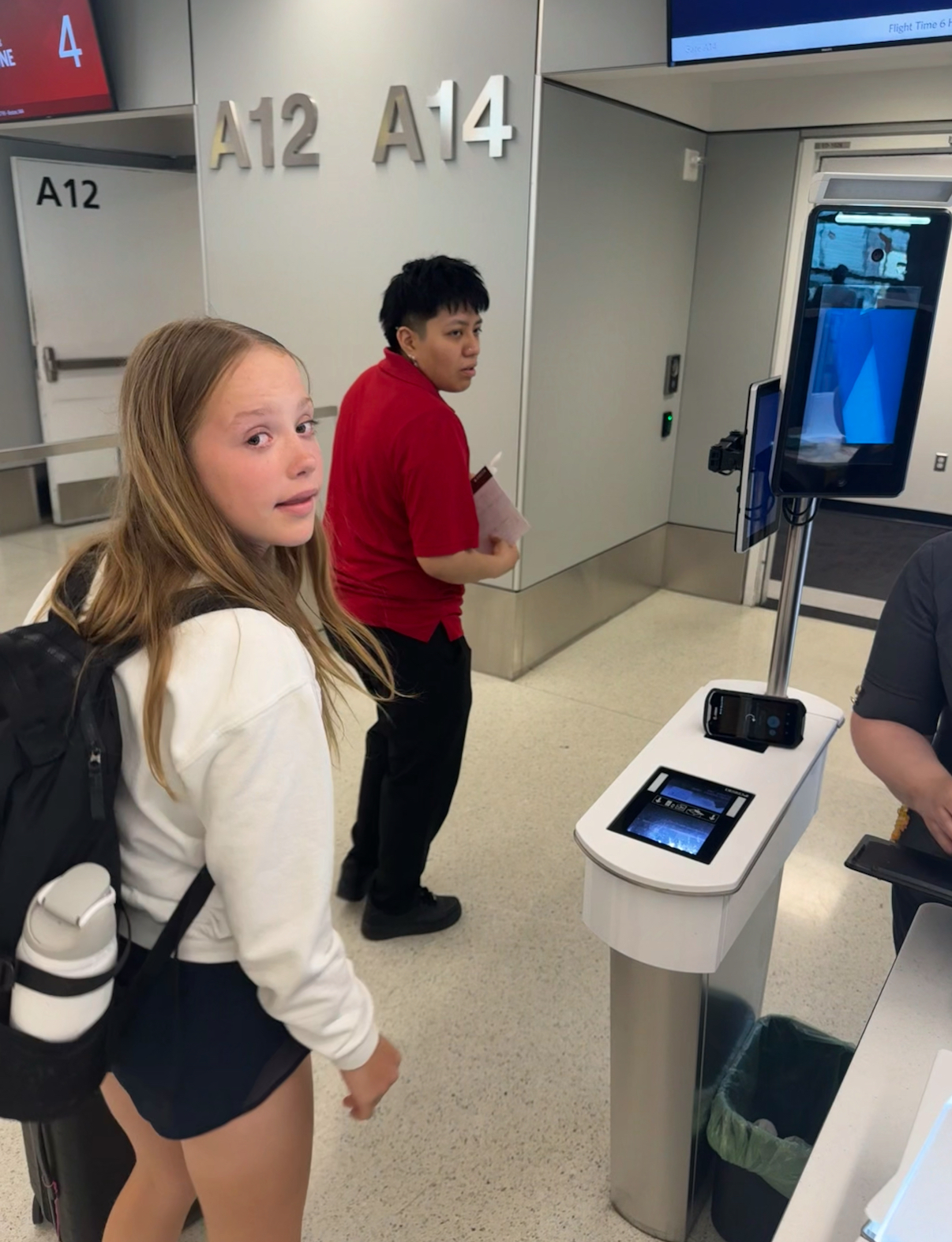
After escorting her through security to the gate, I checked in with the gate agent. We had to wait until she was pre-boarded with a flight attendant. Airlines automatically seat unaccompanied minors at the back, next to where attendants can keep watch.
Then I had to stay at the gate until the plane officially departed.
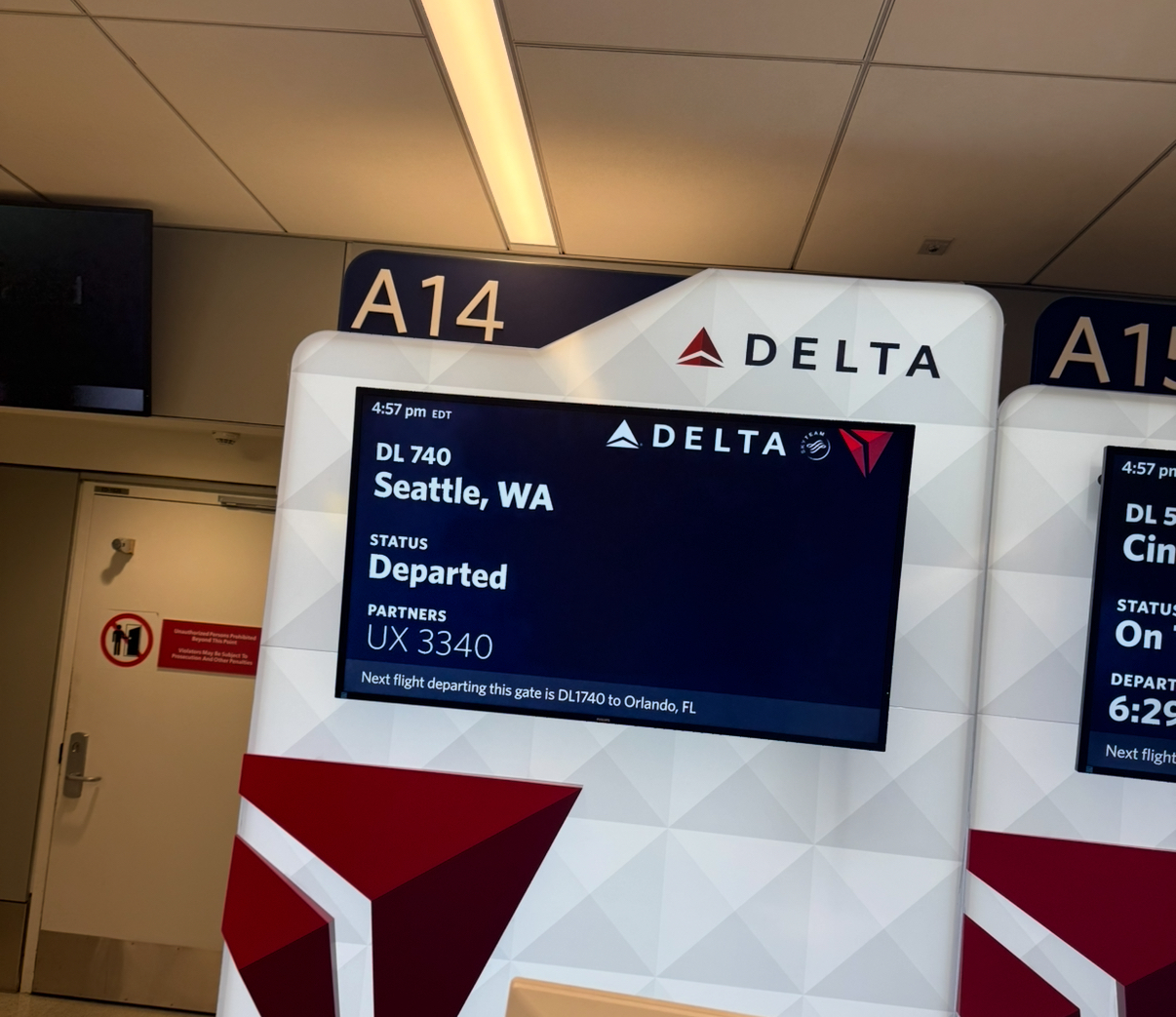
As soon as my daughter boarded, she connected to the plane's WiFi and texted me from both her iPad and Apple Watch. I could track her location throughout the flight via Find My iPhone, monitoring her devices and the AirTag in her backpack.
During the flight, I kept in touch and even entertained her when she got bored after exhausting her iPad and seatback entertainment options.
At the other end, I updated my brother and sister-in-law with departure times, early arrival estimates, and gate information. My brother-in-law provided real-time updates: en route to airport, arrival time, cleared security, at gate.
The whole experience wasn't stressful or unpredictable—aside from a brief moment when my brother-in-law, unaware of collection protocols, texted my daughter about meeting him outside and describing his car colour. My horror was short-lived.
Most importantly, he sent me a picture of them together at the gate.
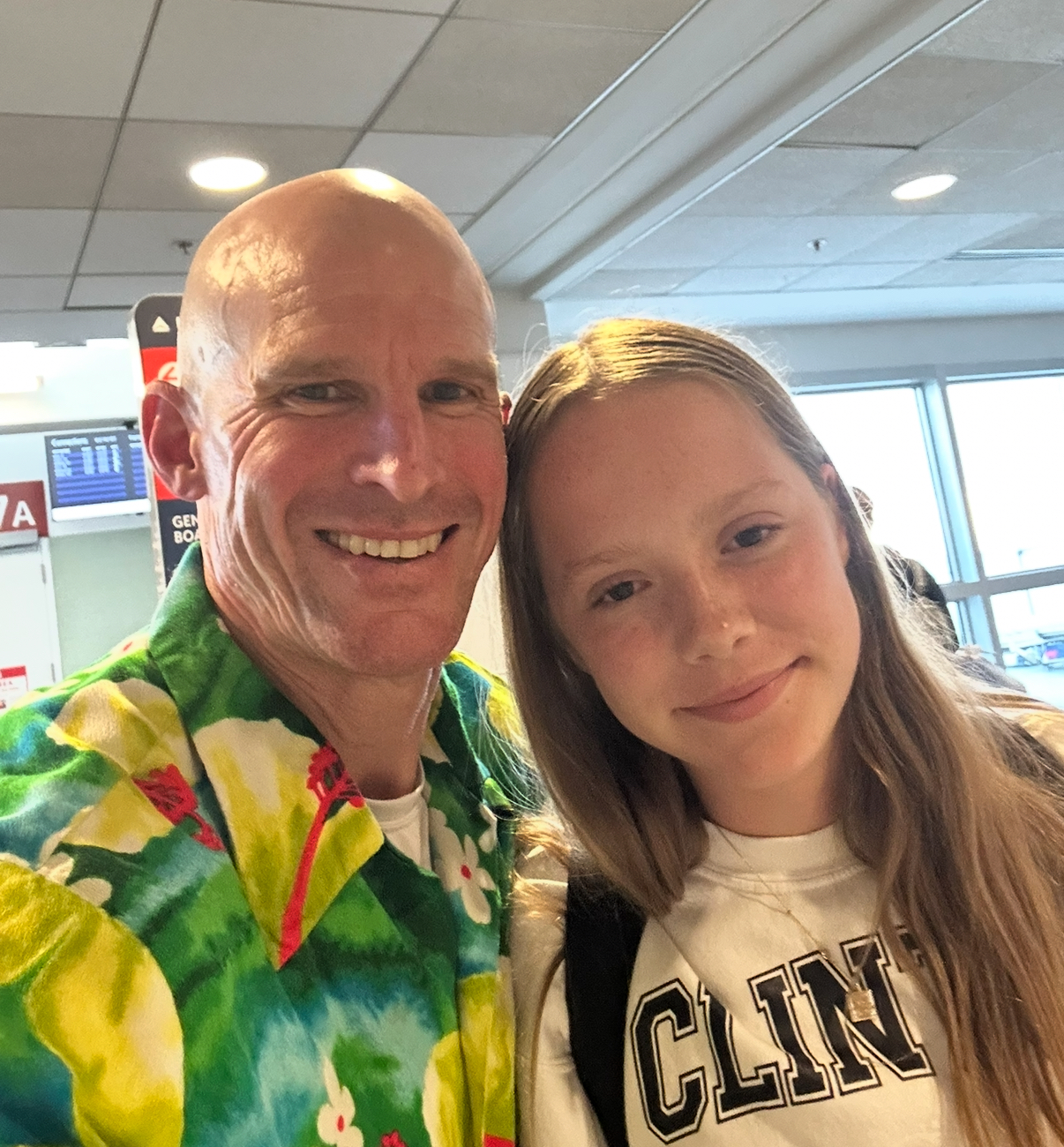
Two journeys, 25 years apart. Both transformative in their own ways.
My untethered adventure forced me to develop resourcefulness, independence, and comfort with uncertainty. That genuine disconnection created space for discovery - not just of Australia, but of myself. Away from constant connectivity, I had to learn to trust my instincts and sit with uncertainty.
My daughter's journey represents everything we've gained: safety, connection, peace of mind. As a parent, I'm grateful for every tracking device and protocol.
But when every moment can be tracked, when help is always a text away, when uncertainty can be Googled away - do we lose something essential? My weeks navigating Sydney with paper maps, finding payphones, learning to be comfortable with disconnection - these were character-building exercises I didn't know I was taking. The confidence that comes from handling uncertainty emerged from the very disconnection that would require real effort and willpower for me to accept as a parent today.
Twenty-five years later, I realise the real adventure wasn't the destination - it was learning to trust myself in unfamiliar territory. Growth comes from embracing uncertainty rather than avoiding it.
Watching my daughter's plane disappear, tracking every mile, receiving that photo of her safe arrival - I felt relief but stronger gratitude. Grateful she could take this journey so young, connected and tethered to us. Thankful I made my own untethered journey.
Both journeys brave in their own way.
The challenge isn't choosing between safety and adventure, but helping the next generation find courage within whatever framework they inherit. Whether navigating Sydney suburbs with a paper map or managing connectivity at 30,000 feet, the real journey is still inward.
And that adventure remains as untethered and uncertain as ever.